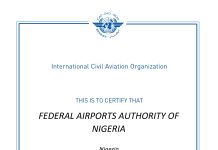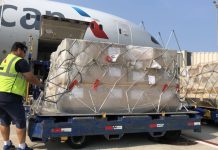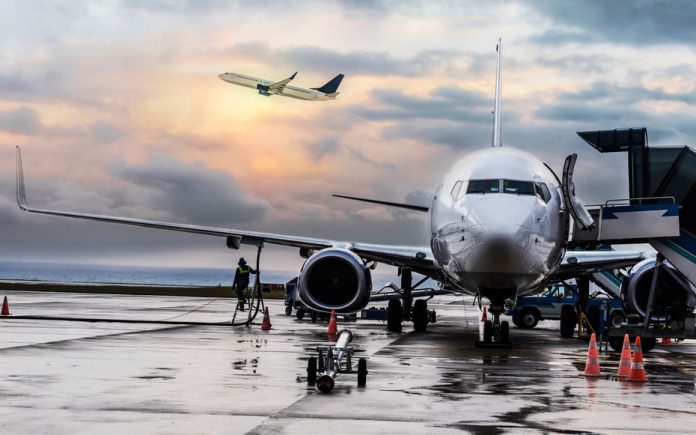The International Air Transport Association (IATA) has revealed that $1.3 billion in airline funds remain blocked from repatriation by various governments as of April 2025—a 25% improvement from the $1.7 billion recorded in October 2024. Despite this progress, the situation continues to strain global airline operations.
Nigeria, however, has maintained a clean record for the second year running. At the peak of the crisis in June 2023, Nigeria’s blocked airline funds amounted to $850 million, significantly impacting international airline operations and financial stability. By 2024, Nigeria had successfully cleared the majority of this amount, with IATA confirming that 98% of the funds were repatriated. Only a residual $19 million remains, currently undergoing Central Bank verification due to outstanding forward claims filed by commercial banks.
IATA commended Nigeria’s efforts, emphasizing the importance of governments honoring bilateral air service agreements to facilitate timely revenue repatriation. “Reliable access to revenues is critical for any business—particularly airlines which operate on very thin margins. Economies and jobs rely on international connectivity,” said Willie Walsh, IATA’s Director General.
In contrast, ten countries account for 80% of the current blocked funds. Mozambique now tops the list at $205 million, followed by Algeria ($178 million), Lebanon ($142 million), XAF Zone ($191 million), Bangladesh ($92 million), Angola ($84 million), Pakistan ($83 million), Eritrea ($76 million), Zimbabwe ($68 million), and Ethiopia ($44 million).
While countries like Pakistan and Bangladesh have made notable progress in reducing their backlog, the Africa and Middle East region still accounts for $1.1 billion (85%) of the total blocked funds.
IATA continues to urge all governments to remove barriers to fund repatriation, warning that ongoing restrictions threaten international air connectivity, airline sustainability, and economic stability.













